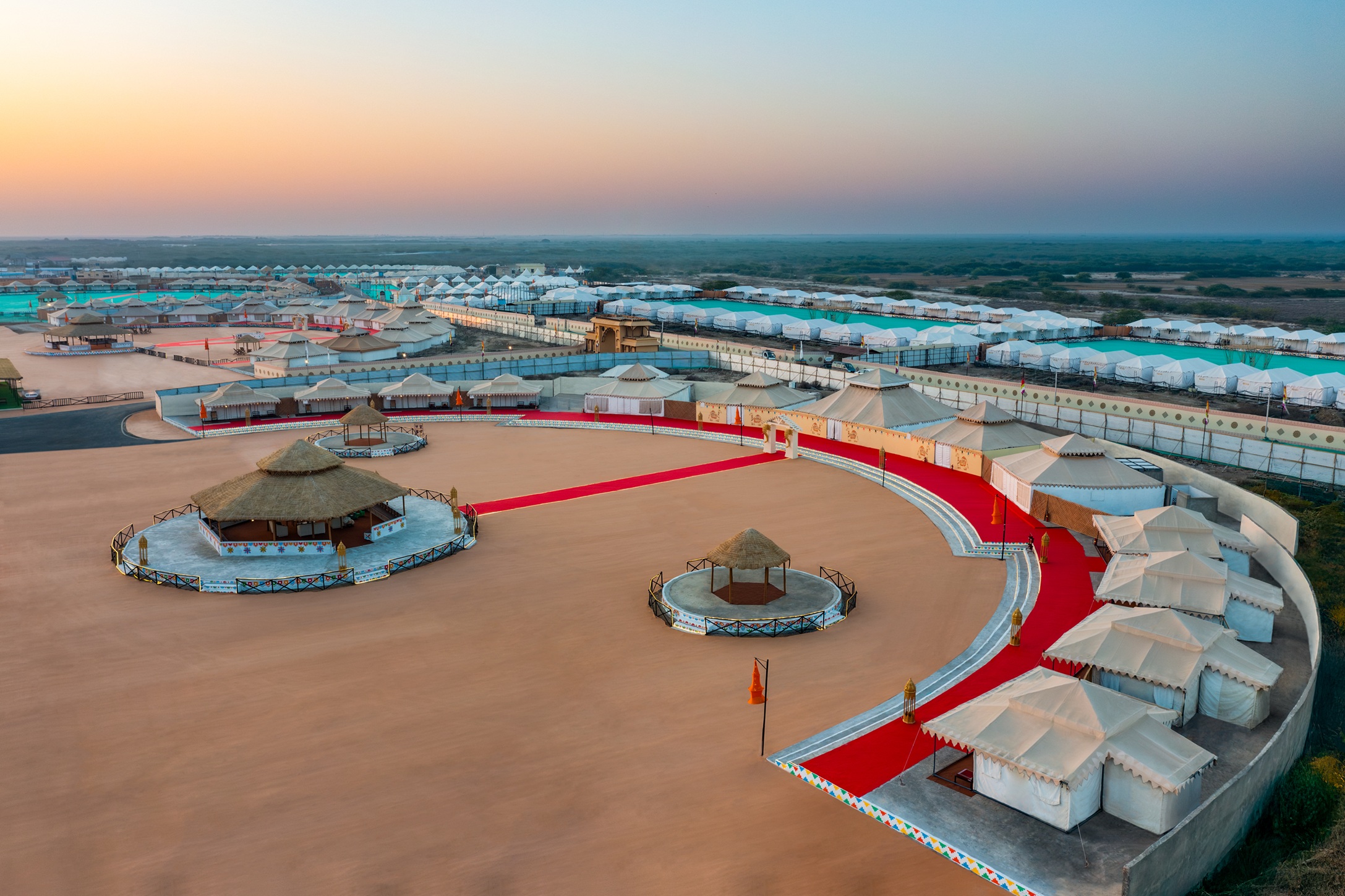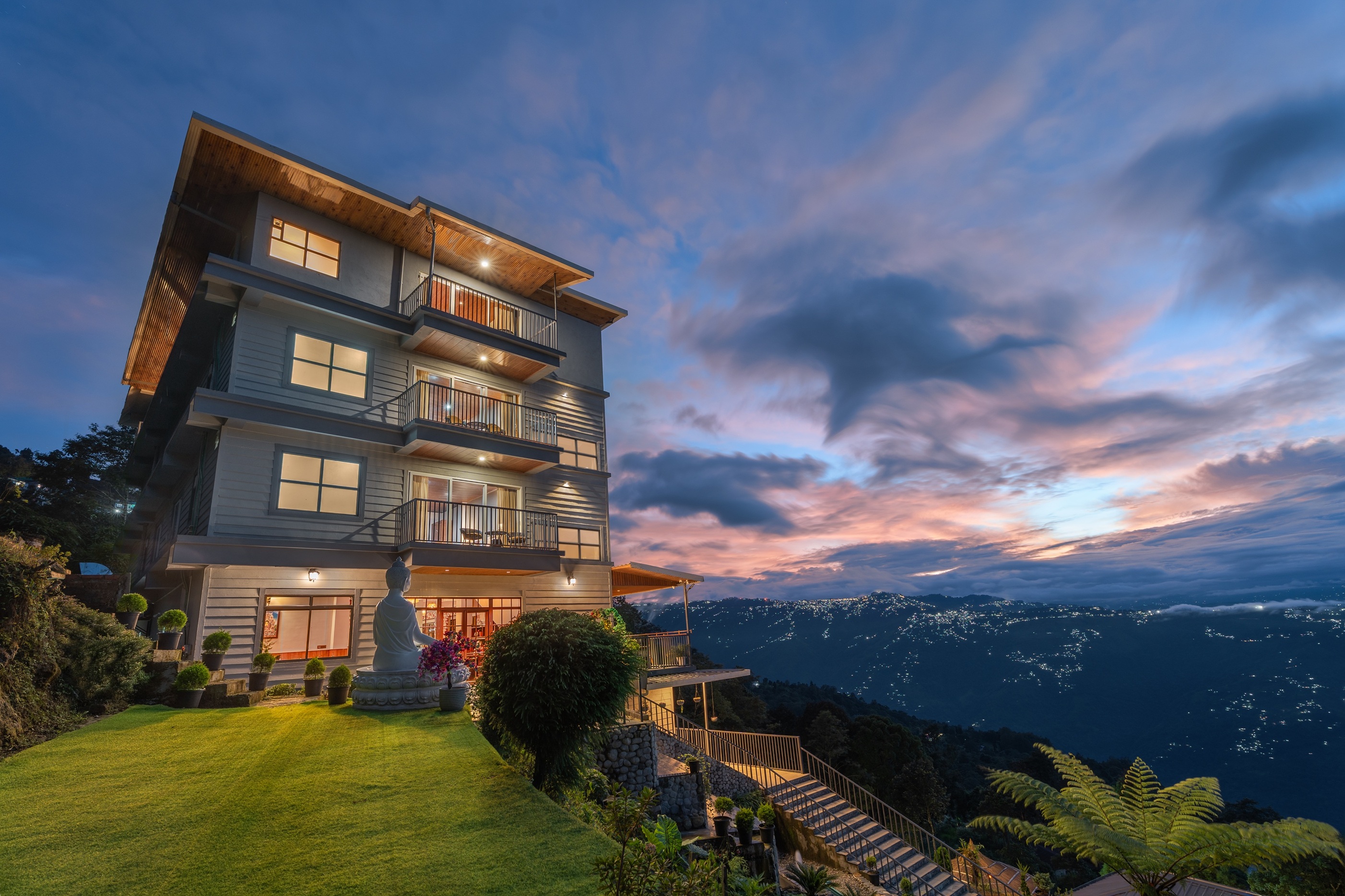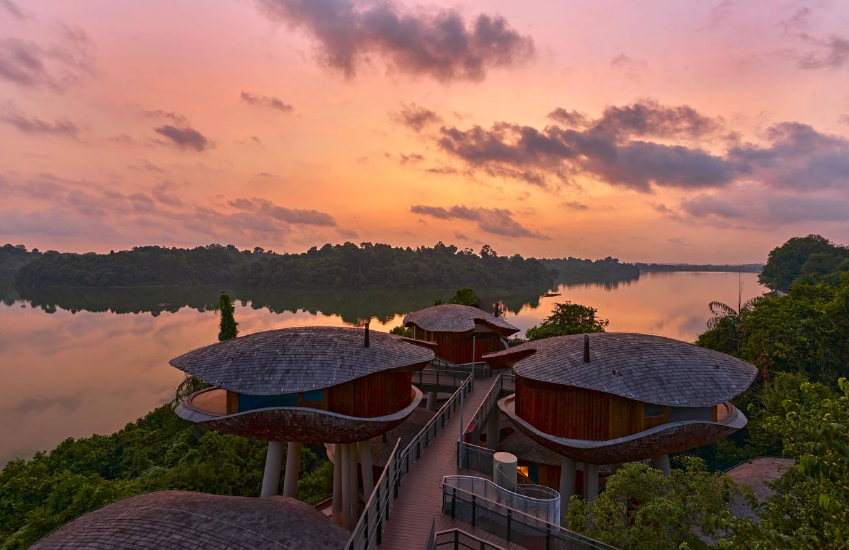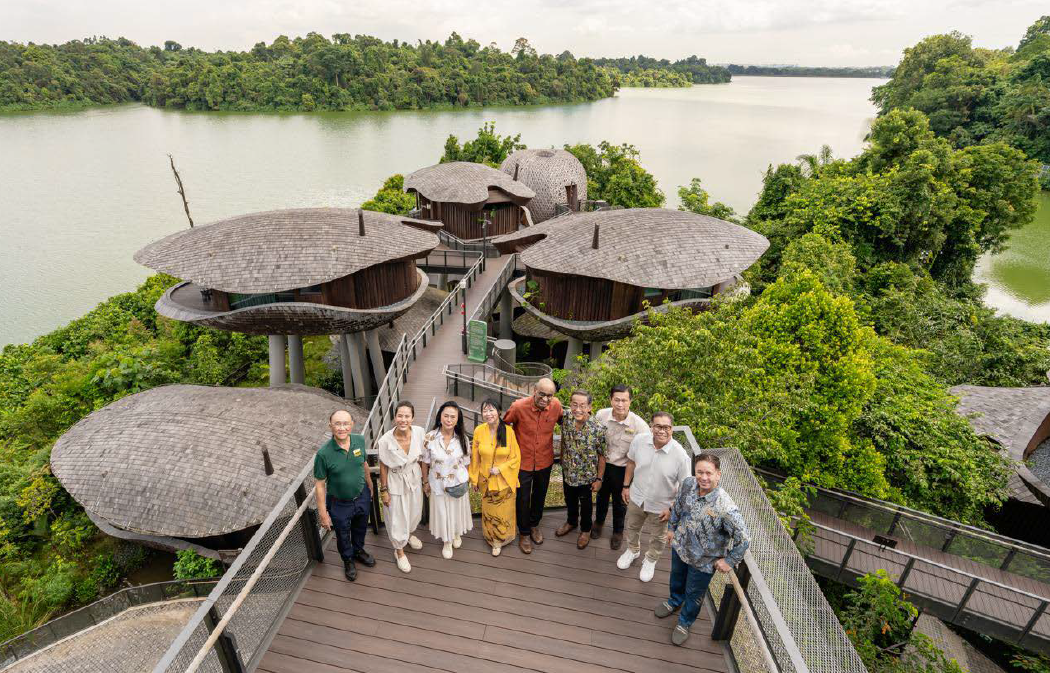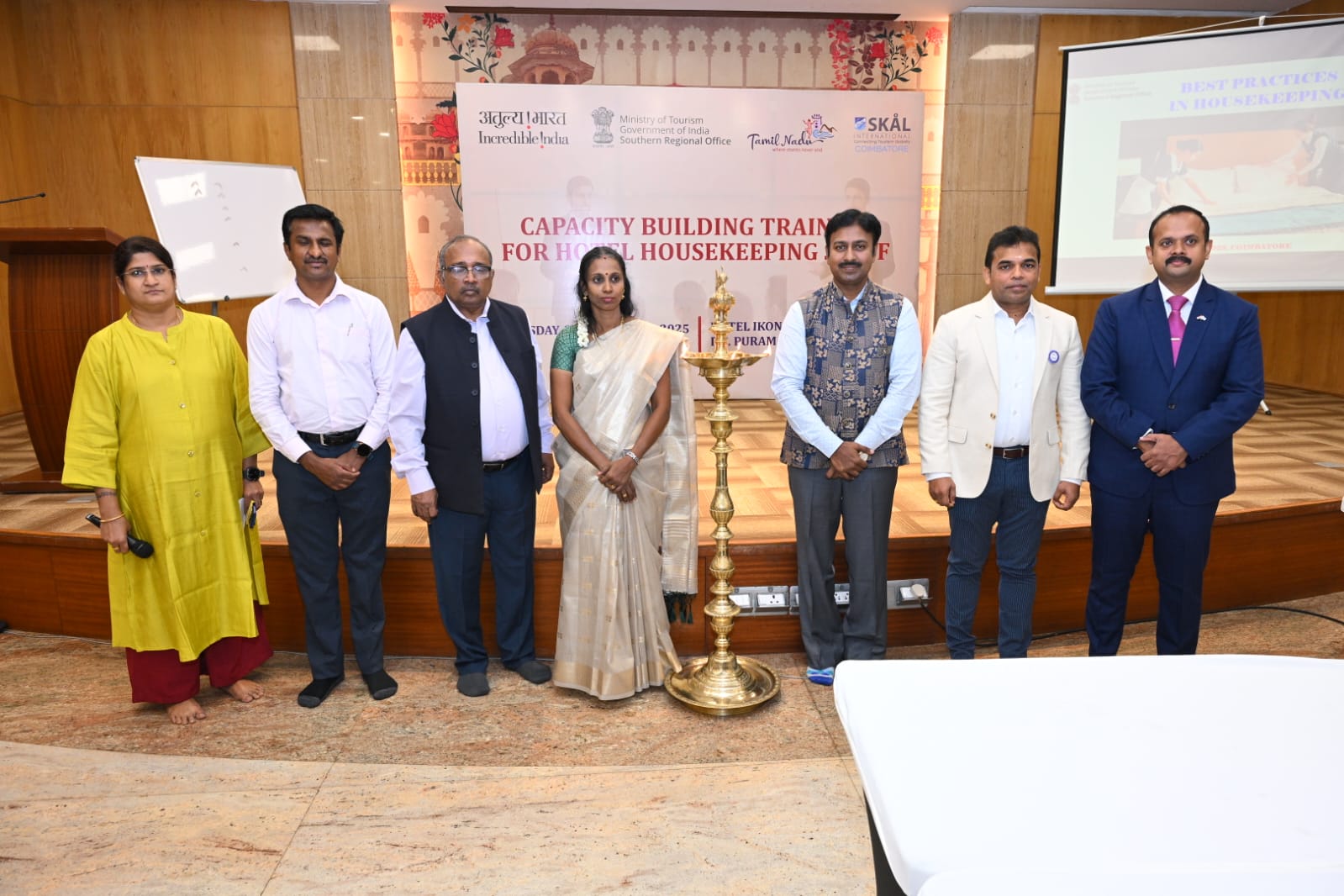The HVS Global Webinar (Asia Specific), exploring the impact of COVID 19 on Global Hotel Values & Performance, was recently conducted on 27th October 2021. HVS Regional Presidents from Europe, Middle East & Africa, Asia Pacific and America shared their perspectives on factors impacting recovery of the hospitality industry. The expert panel also touched upon post-pandemic challenges such increase in energy cost, rise in food inflation, and shortage of talent. However, the panel agreed that 2021 has seen a rise in investment activity across the globe in the hospitality sector and more companies are looking aggressively at acquisition as the world proceeds towards 2022. Talking about pace of recovery, Chris Sheppardson, EP Business in Hospitality added, “It would be at least 2-3 years before we see recovery to 2019 levels.”
Russell Kett, Chairman, HVS – London office moderated the panel discussion on key changes in hotel values with representatives from key markets including Ms. Hok Yean Chee from Asia Pacific region and Mr. Mandeep S. Lamba from India. While occupancy has remained the same post-covid, a decline of almost 50% in RevPAR is observed in the Asia Pacific region from 2019. However, there has been a moderate recovery in 2020. “Beijing, Seoul, Shanghai are some cities in the strongest RevPAR group, while Bali, Bangkok, Osaka are cities seeing decline in occupancy / AVR. Transaction volume fell by 40% in 2020. The top active markets are Australia, China and Thailand,” shared Ms. Chee.
India saw a drastic fall of almost 57% in RevPAR due to covid’s impact. Also, there is slow recovery in occupancy, no significant change in RevPAR and transaction values have declined. It is the Leisure sector leading the market, while Staycation has come up as the savior of the industry. “A few markets such as Chandigarh, Goa, Kolkata, Chennai, and Jaipur are doing better than others. On the other hand, IT hubs such as Bangalore, Pune, and Hyderabad have witnessed a decline in their performance. By around 2023, the values are expected to come back to the pre-pandemic level,” said Mr Lamba.



